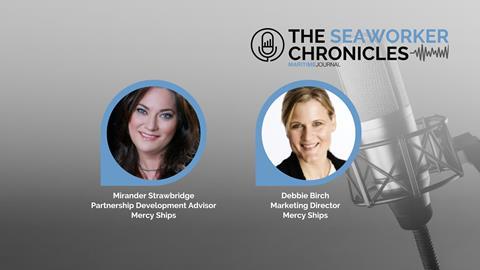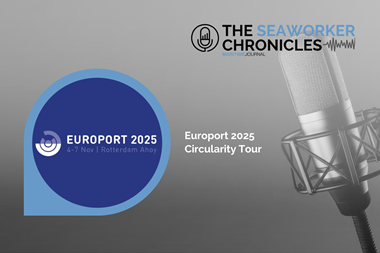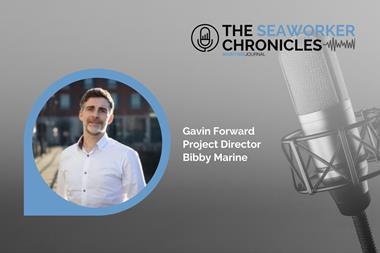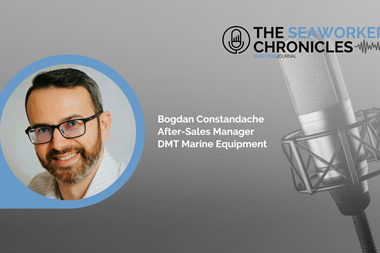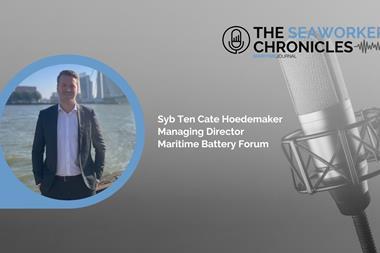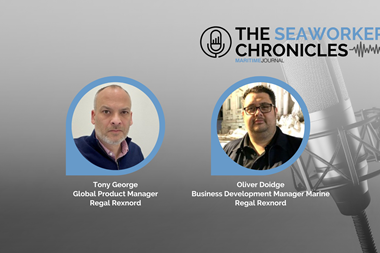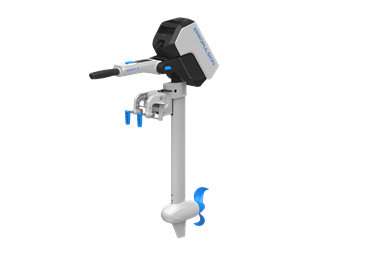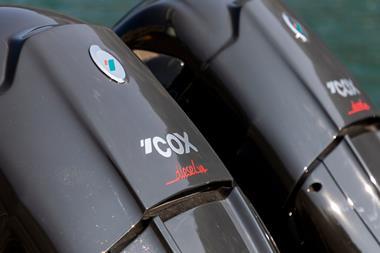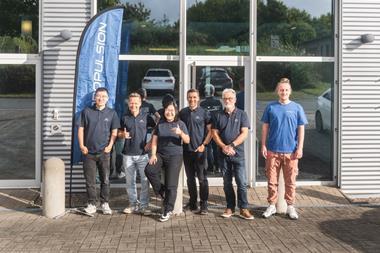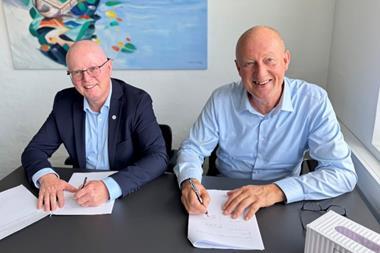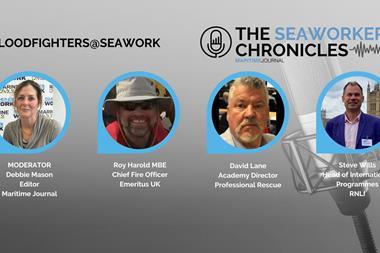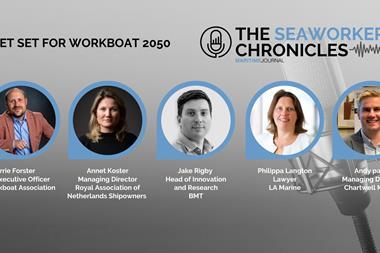In our Maritime Journal and Seawork podcast, Mercy Ships’ marketing director Debbie Birch and partnership development advisor Miranda Strawbridge discuss the charity’s work and background.
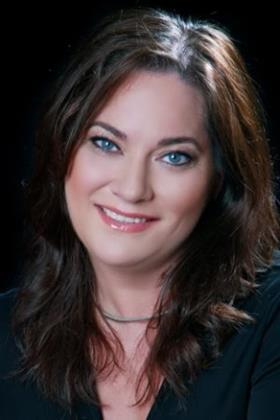
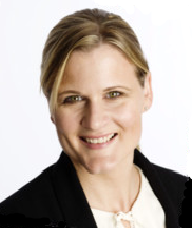
Founded in 1978 by Don and Deyon Stephens, Mercy Ships operates hospital ships delivering free, critical healthcare to poor regions, primarily in Africa.
With two vessels—Africa Mercy, a converted rail ferry, and Global Mercy, a purpose-built hospital ship—Mercy Ships has performed nearly 120,000 surgeries, transforming lives with procedures like cataract surgeries and cleft palate repairs.
“Global Mercy was purpose built for serving and delivering hope and healing and surgeries to people in Africa,” says Debbie Birch. ”It’s an incredible ship, it’s got six operating theatres – Africa Mercy has five.”
Each ship has a fleet of vehicles on board that can disembark at each port to go and fetch patients in the most remote villages who might not be able to get there.
The ships’ operations are supported by 16 international offices and staffed with more than 1,500 volunteers a year, including surgeons, nurses, and support personnel. Mercy Ships collaborates closely with local governments, ensuring a sustainable impact by improving healthcare access and training professionals in each country.
The Africa Bureau is now called the Africa Service Centre, and is based in Dakar, Senegal.
Each mission lasts approximately 10 months, with pre- and post-mission follow-ups.
“We only operate in countries where we are formally requested to do so,” says Miranda Strawbridge. “Typically this involves a collaboration process where they establish a long-term partnership with the government and ensure a sustained impact for their local healthcare system, including our pre-service preparations, as well as the post-service follow-up.
“The board are very deeply involved with these countries to evaluate the health needs within the country and we try to focus on areas with high surgical demand but limited access to those specialised healthcare needs.”
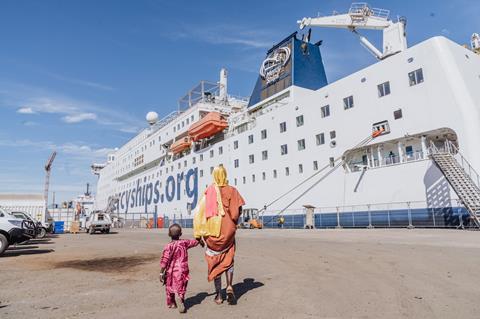
Funded entirely through donations, Mercy Ships benefits from partnerships with major supporters like Stena and the Mediterranean Shipping Company, and from community-driven efforts, such as the annual Cargo Day, which raised $2.2 million last year.
The ships operate for 10 months a year, the remaining two months being spent on maintenance and repairs at shipyards in the Canary Islands and Durban, South Africa.
“Green initiatives are also on the minds of the designers and engineers that we work with when we’re building new ships or reconstructing an existing ship, and we’re continuously doing everything we can to upgrade and add ways to be more efficient,” says Strawbridge.
“For example, the Global Mercy is a result of a very long-term collaboration with the maritime professionals that we’ve worked with from around the world to build it with efficiency and sustainability in mind.”
To support Mercy Ships, individuals can volunteer, donate, or attend events like the upcoming carol service at London’s Southwark Cathedral.






